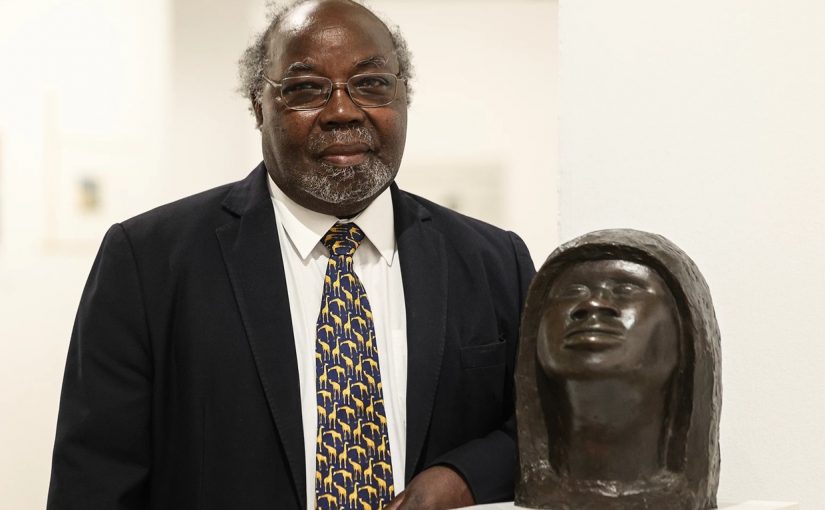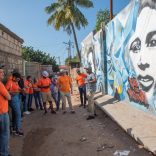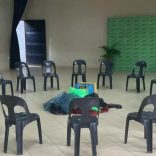BCI and Mafalala Museum: Walking through Mozambique's cultural heritage side-by-side
Mozambique: Return colonial era art only when African museums can keep it – artist

Photo: Lusa
Mozambican artist and researcher Lívio de Morais advocates the return of artworks looted during colonization, but only when African museums are in a position to preserve them.
In an interview with the Lusa news agency, on the occasion of the 50th anniversary of Mozambique’s independence, the author of the guide “African art in ethnology museums – Europe, Africa, America” said that the situation is serious, classifying the subject as “a baobab tree” – one characterized by the width of its trunk.
“I know the museums in Europe and America. What is there in the museums? They are African works. How did they get to the museums? How did they fill the museums? It was through plundering during the colonial period,” de Morais says.
According to de Morais, these works were taken from colonized countries, “like someone who goes under a cashew tree and picks the cashews – and leaves without compensating the owner”.
The painter and sculptor does not, however, advocate an immediate and careless return, because “Africa does not yet have, at this moment, museums that can guarantee the conditions for these works to be returned.”
“It is not a matter of collecting them and returning them. It is necessary to train museum directors, museum technicians, create competent, quality museums and then return the works,” he argued.
Regarding the location of these works, Lívio de Morais says he has this information, although he acknowledges that there is also much that has not been accounted for.
“If we go to the Anthropology Museum in Porto, we will find boxes from the colonial period that have yet to be opened. In the Ethnology Museum in Lisbon, we will find works and some boxes of works that came from Mozambique and the former colonies”.
The art historian also identifies another difficulty, which has to do with the collections that are in the hands of private individuals who lend them to museums.
“These works are more difficult, almost impossible to recover, because they are the property of individuals,” he said.












Leave a Reply
Be the First to Comment!
You must be logged in to post a comment.
You must be logged in to post a comment.